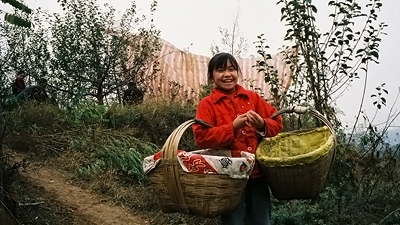We work in forests to reduce poverty and improve incomes for the poor
The World Bank works in forest areas because in many countries, they are home to some of the poorest and most vulnerable people. By helping countries improve the governance of their forest sectors, enforce laws and ensure local people are involved in the decision-making process, people and economies do better.
About 350 million people who live within or close to dense forests depend on them for their subsistence and income. Of those, about 60 million people (especially indigenous communities) are wholly dependent on forests. They are key custodians of the world’s remaining intact natural forests.
Forests are an important safety net for rural populations in times of economic or agricultural stress. In the Miombo Woodlands of Southern Africa, for example, dry woodlands are critical to poor households and are an integral part of farm and livestock production and management.
As communities take on responsibility for managing and conserving forest and woodland resources sustainably, the role of forests in providing goods both for household consumption and for trade can be greatly enhanced. When productive trees are grown on farms, they can help achieve a “triple win” by increasing food security, building resilience to climate change, and mitigating greenhouse gases.
